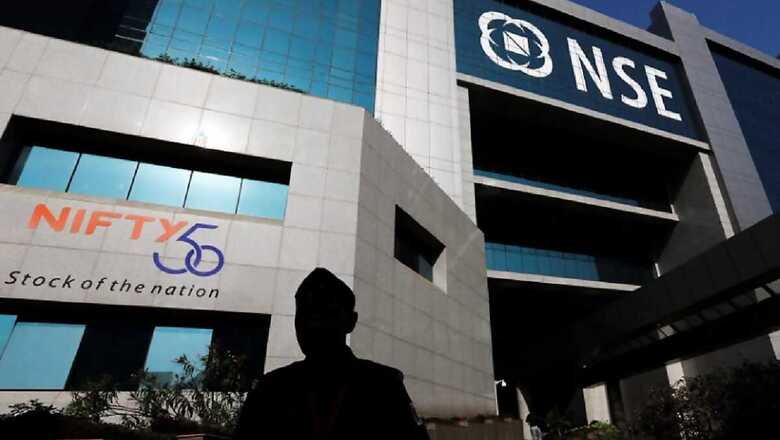
views
Companies need money to operate and they can be sourced from bank loans, other borrowings or by raising capital through share issues through an initial public offering (IPO). The IPO offering is a process of issuing shares of a private company to the public in new stocks. Such offerings allow the company to raise capital from public investors who invest in the IPO in exchange for shares in the enterprise.
The issuance of shares happens in a separate section of the stock market, called primary market. Once the shares are issued to investors, they get listed on the secondary market, where they get traded on a daily basis. A company may issue thousands of shares at a time and for each share, the investors pay a certain amount. The total funds a company gets for its shares is the capital raised. They use these funds/capital for operating their business and this process is called as listing or ‘going public’.
With a slew of public issues on offer periodically, an investor can apply for an IPO through their bank account or a verified trading account. Very often find investors themselves vulnerable to the following risks and it is important to go through the offer documents before investing. Going through the documents fine print may be a tedious and confusing task. Here are few key points one must look before investing:
Expensive Valuation
An IPO offering raises hopes of a flush of liquidity and a sharp rise in the number of new investors support these offerings, which in turn encourage more companies to go public. According to Pranjal Kamra, CEO of Finology, companies usually come out with an IPO when the market has adequate liquidity and prices trending high.
Volatility
According to Keshav Lahoti, associate equity analyst at Angel Broking Ltd, IPO stocks are quite volatile during its initial period/days of trading. However, they don’t have any limit when trades need to be frozen on such unstable stocks.
Guarantee of allotment of shares
Even though some of the IPOs offer good listing gains to investors due to high demand in the market, there is no guarantee of allotment of shares, Kamra opines. It is often due to the limited release in retail quota and in case of oversubscribed IPO chances of allotments are rare. Even if investors get lucky enough to win a lot, as the absolute gain is enough to make a significant financial impact.
Read all the Latest News, Breaking News and Coronavirus News here

















Comments
0 comment